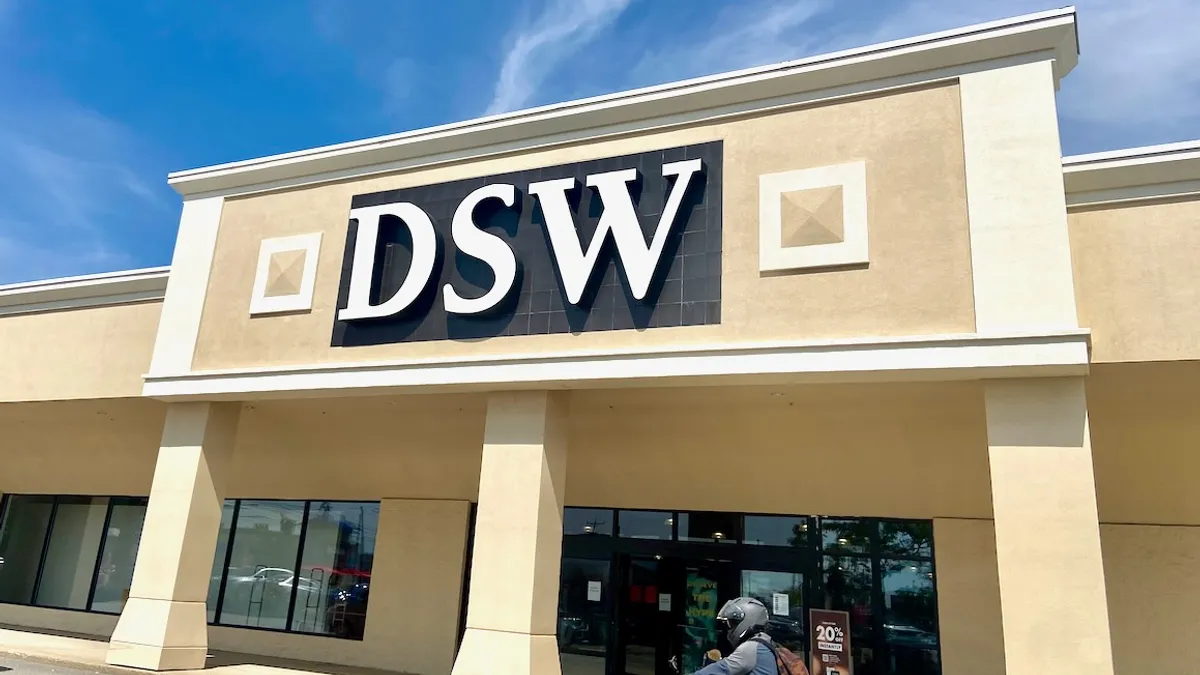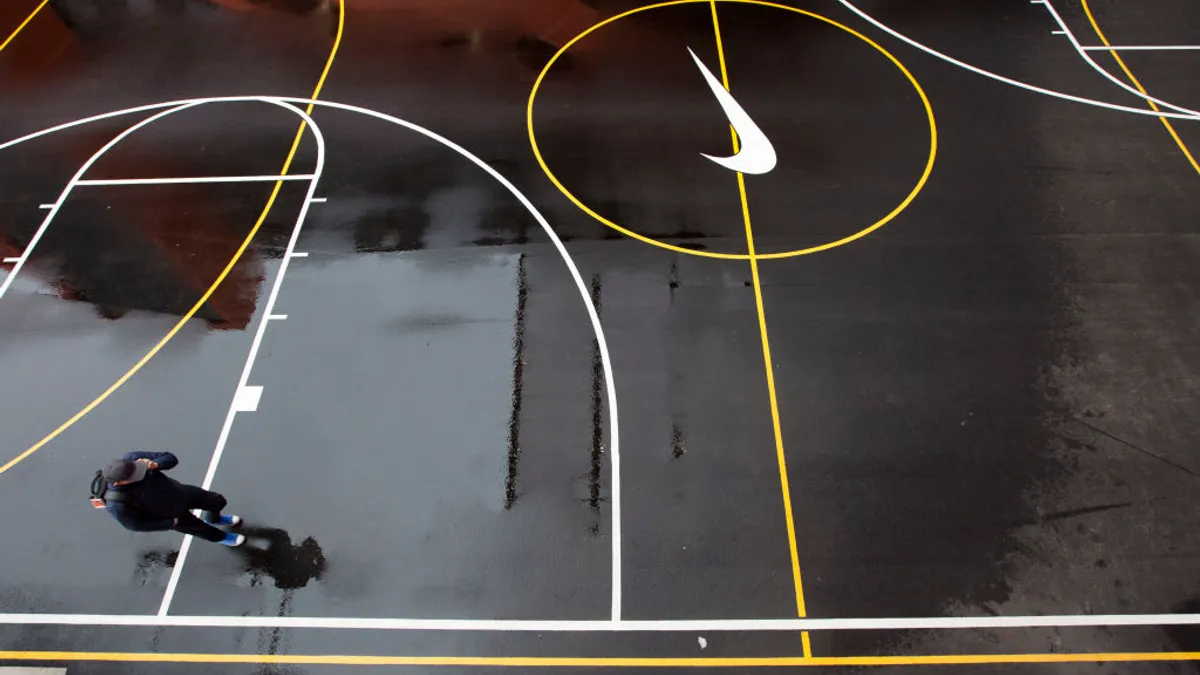The saga of mobile payment app (or mobile payment app-to-be) CurrentC may be a cautionary tale of misplaced priorities or contradictory goals.
A consortium of retailers calling itself the Merchant Consumer Exchange (MCX), led by Wal-Mart Stores Inc., formed for the express purpose of developing a mobile payment system. The good news? That the retailers, which include (besides Wal-Mart) 7-Eleven, Best Buy, CVS, Rite Aid, Lowe’s, Michaels, Sears, Gap, and Target, knew that mobile payments would be a new but important area for point-of-sales systems on and offline.
But the bad news? The project got contaminated with other retailer priorities, like avoiding long-loathed credit card fees, that interfered with more customer-facing priorities. Plus, for whatever reason, the MCX mobile payment product, dubbed CurrentC, wasn't ready when MCX said it would be and may not be ready till next year.
And that’s leaving plenty of room for Apple Pay and Google Wallet, which have been slowly accruing users for months, and newest entrant Samsung Pay, to dominate and define the space.
Caution at a cost
Considering that CurrentC has already suffered a hack, any caution around an official launch is probably wise. But that has a cost, too, says Dan Wagner, founder-CEO of Powa Technologies.
“Focusing on quality control is always important when launching new technology, but the latest delays for CurrentC will see it face an even more competitive market when it does roll out,” Wagner told Retail Dive.
Indeed, once CurrentC does come online (MCX is now saying maybe sometime in 2016), mobile payments will have matured that much more. The push for EMV credit cards, which are supposed to be coming online at in-store POS systems this fall, many experts have told Retail Dive, will likely be a catalyst for more people to at least try mobile payments. And CurrentC is conspicuously absent among the mobile payments people might try.
Missed opportunities & backfires
MCX's efforts to make CurrentC a singular payment system by bypassing the Near Field Communications technologies employed by Apple Pay, Google Wallet, and incoming newcomer Samsung Pay may have actually hampered CurrentC.
With Samsung Pay, Samsung has developed an especially nimble product — a mobile app that works with legacy credit-card POS systems as well as NFC systems, has a relationship with a major private-label store card issuer, and keeps track of loyalty programs.
“The [CurrentC] system is also at a disadvantage because it is relegating the versatile QR code technology at its base to just another point-of-sale option,” says Powa’s Wagner. “This means CurrentC is missing a powerful opportunity to do something more innovative within the retail experience. Shoppers are increasingly demanding more freedom in the way they browse and buy, and smartphones have the potential to empower retailers to meet this trend by enabling transactions to take place anytime and anywhere.”
Fixing the wrong problems
While MCX has been pretty fixated on trying to solve retailers’ problems, Samsung Pay (especially) is an example of a company that took its time to launch its mobile pay product until it was ready to solve the consumer’s problem. That is, a mobile payment system that works a lot like the credit cards consumers are used to.
While MCX retailers took the time and initiative to turn off their NFC systems to deny customers their use of Apple Pay or Google Wallet, Samsung took the time to find a way to add legacy capabilities that would help bring along those customers unsure of contactless payments in their newer, purer forms.
MCX, we hardly knew ye
In September last year, Wal-Mart Stores and Best Buy announced they wouldn’t accept Apple Pay, and in October CVS and Rite Aid came along with a similar pronouncement. A news cycle in October was taken up with accusations and denials that MCX retailers that accepted competing mobile payment systems faced fines, and it’s still not clear what their obligations are (though MCX has since denied there are fines).
In any case, it’s all moot for a few MCX retailers, as Best Buy, Target, and Rite Aid have all reversed themselves in the last nine months and said they’ll take Apple Pay and Google Wallet after all.
That doesn’t mean that CurrentC is doomed. But the app faces a series of challenges of its own making. So, in the meantime, look for more MCX retailers to announce that they’ll be accepting Apple Pay, Google Wallet, and now Samsung Pay after all.






















